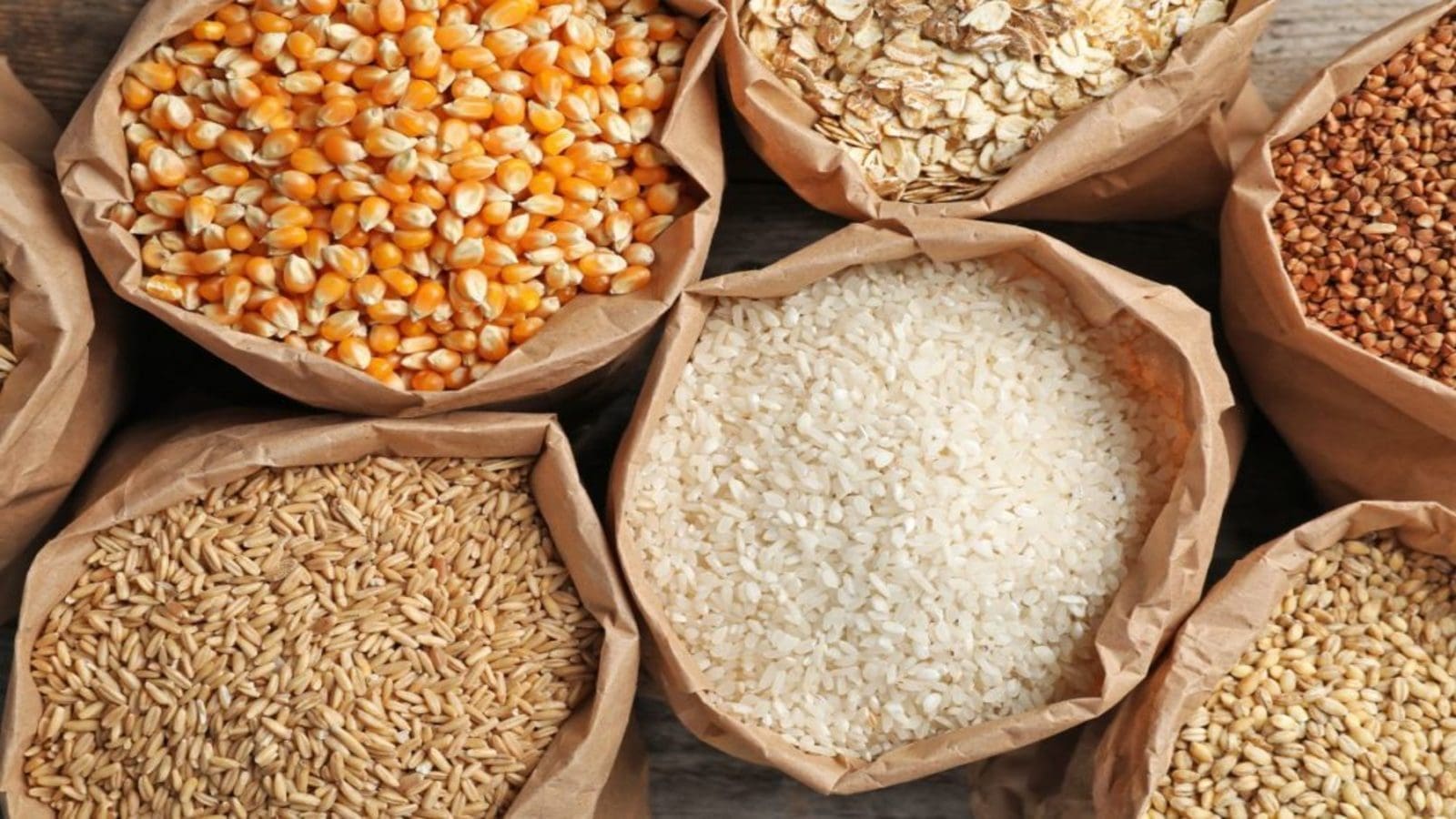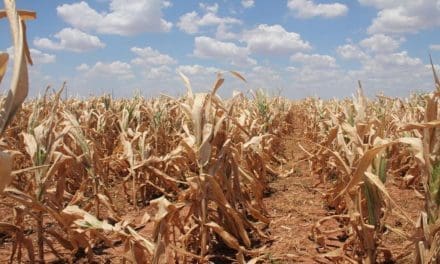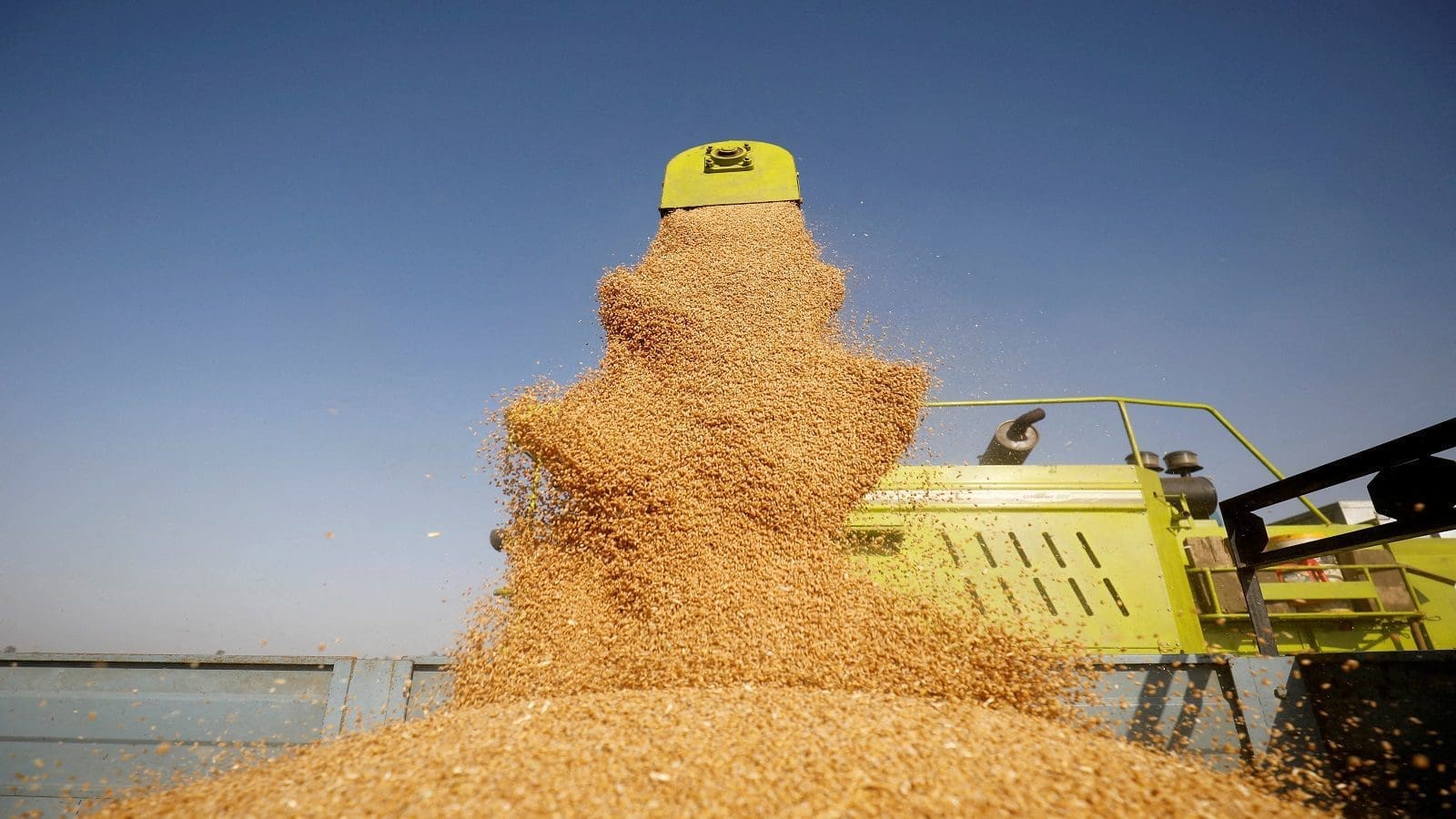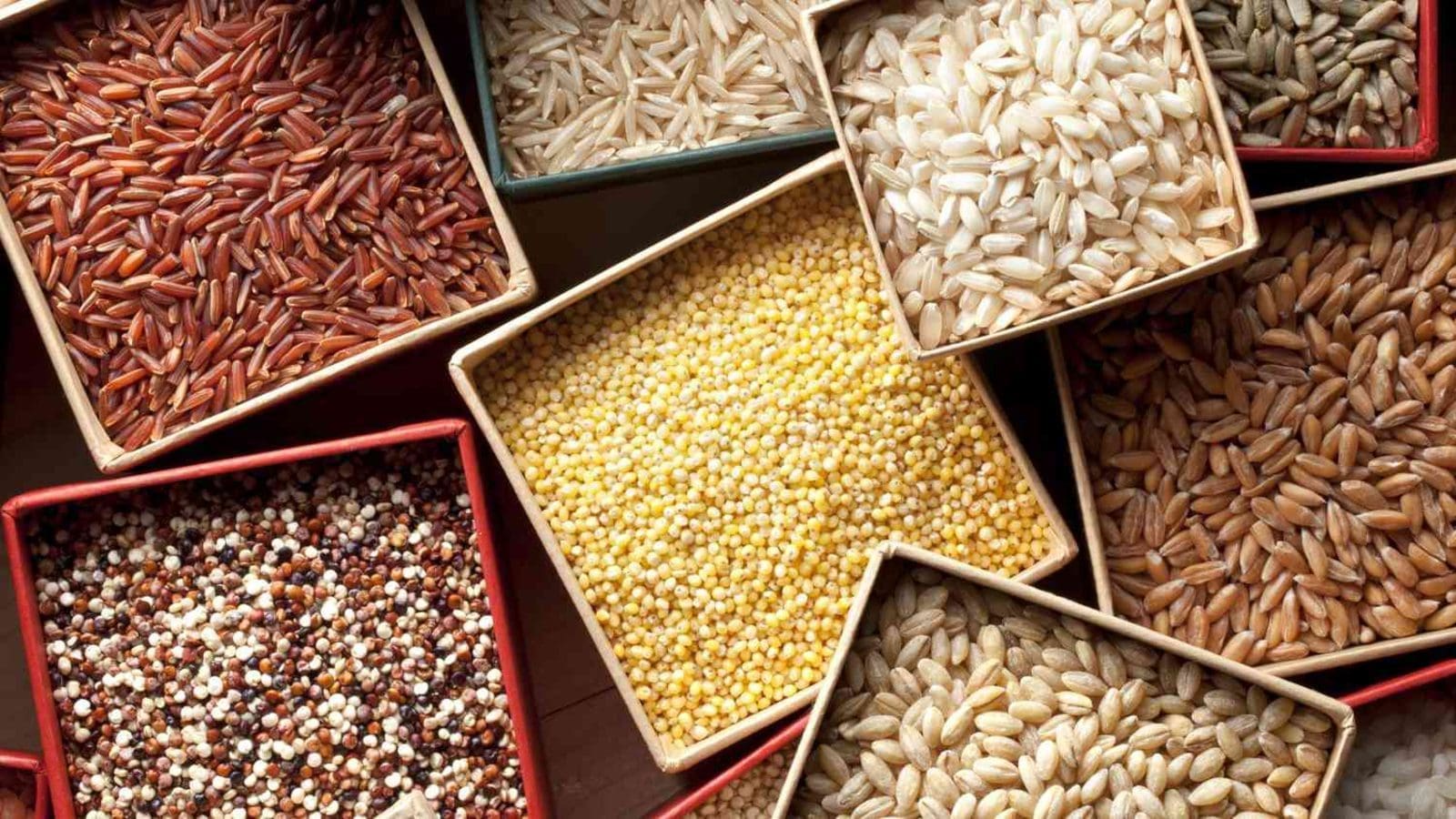TUNISIA – The European Union (EU) has set up a support fund of 18 million euros (US$19.5 million) intended to boost cereal production in Tunisia.
According to the EU, the grant is envisioned to help small farmers mitigate cereal production costs and improve their resilience to climate change which has adversely affected the sector’s production prospects.
This follows that in Tunisia, the cereal sectors are going through a bad patch caused by severe a drought that has hit the country coupled with the rise in input prices which is also driving up production costs.
Eficon Agency reports that this support mechanism is part of the EU development aid program entitled “Support for the sustainable development of the agricultural sector and artisanal fishing in Tunisia” (ADAPT) implemented over 8 years between 2020 and 2028 for a total cost of 70 million euros ($76.1 million).
Recently, farmers union official Mohamed Rjaibia revealed that the country’s grain harvest in 2023 is projected to decline to 200,000-250,000 tonnes from 750,000 tonnes last year owing to the severe drought that has hit the country, terming it “disastrous.”
In addition, the Ministry of Agriculture reported that Tunisia recorded a drop in its dam capacity to around 1 billion cubic meters, or 30 percent of the maximum, due to a scarcity of rain from September 2022 to mid-March 2023.
As a result, the extending dry spell has hindered its local production which resulted in increased import requirements.
However, the EU has committed to rescuing the situation through an initiative implemented through three cereal collectors mandated by the Cereals Office (OC) with the collaboration of the Italian Agency for Cooperation in Development (AICS).
These include the private company Comptoir Multiservices Agricoles (CMA), the leader in the collection of cereals for consumption in Tunisia, the Mutual Central Seed Company (COSEM), and the Selected Seed Company (SOSEM).
According to the report, 800,000 euros ($869,000) will be made available to the three companies to reduce by 28% the amount of the bill for agricultural inputs purchased on credit from them by approximately 1,000 small farms during the 2022/2023 season.
Additionally, other interventions will focus on financing and promoting the adoption of farming practices and techniques that are resilient to climate change for the benefit of farmers.
Earlier, USDA reported that Tunisia’s cereal import requirements for the 2022/23 marketing year are forecast at a slightly above-average level of about 3.8 million tons, about 5 percent above the import requirements of 2021/2022 owing to reduced production.
For all the latest grains industry news from Africa, the Middle East and the World, subscribe to our weekly NEWSLETTERS, follow us on LinkedIn and subscribe to our YouTube channel










